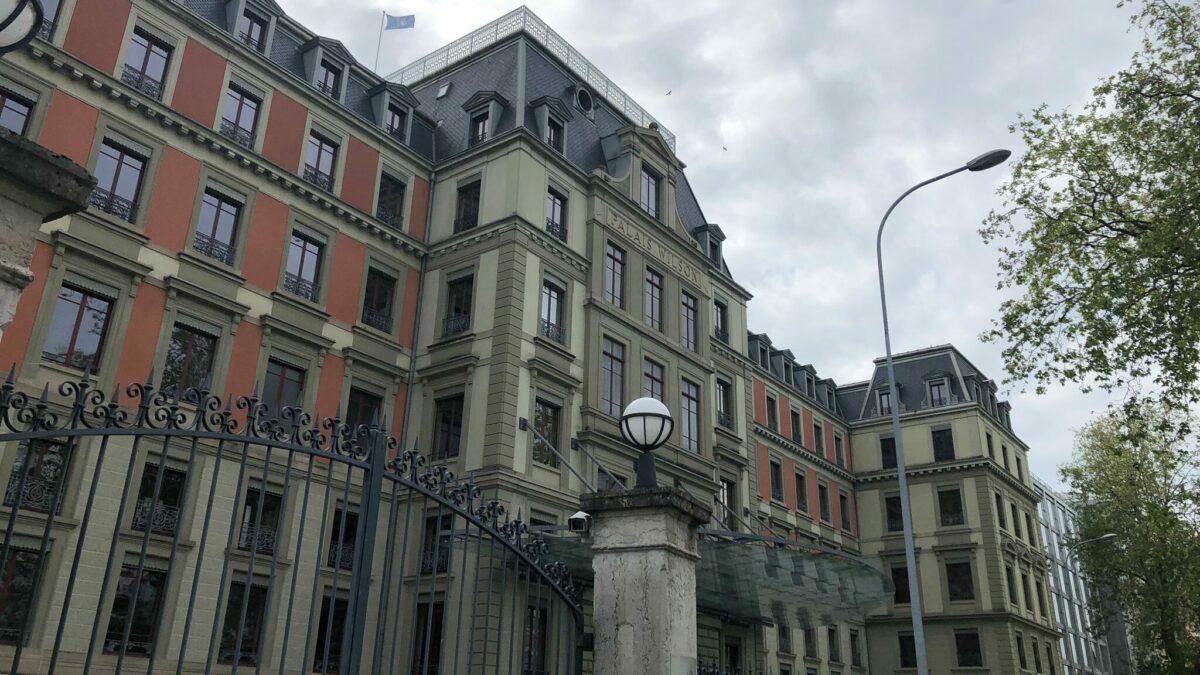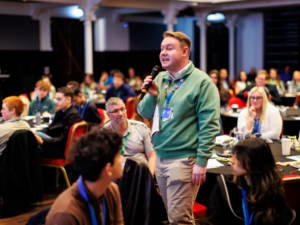The United Nations has today warned the UK and Scottish governments that they need to do much more to uphold children’s human rights.
In the final part of the “reporting” cycle, the UN Committee on the Rights of the Child has published a review on the state of children’s rights in the UK. It has made close to 200 recommendations – known as concluding observations – for the Scottish Government and its UK counterparts to action.
Incorporation of children’s rights
The Committee has called on the Scottish Government to “expeditiously bring forward the amendments necessary to enact the United Nations Convention on the Rights of the Child (Incorporation) (Scotland) Bill”, and to involve children and young people in the development of action plans to implement the Convention.
Mental health
It has also urged government to take action on poverty and mental health services provision, strengthening and resourcing community-based therapeutic mental health services and programmes for children of all ages.
Poverty and food insecurity
It “noted with deep concern the number of children living in poverty, food insecurity, and homelessness” and pushed for benefits to be increased and the two-child benefits cap to be abolished.
Illegal Migration Bill
The Committee was heavily critical of the UK Government’s Illegal Migration Bill, saying that it should be urgently amended as current draft includes provisions that violates children’s rights under the Convention and the 1951 Refugee Convention, noting UK Government’s obligations “to ensure children’s right to nationality, to seek asylum and to have their best interests taken as a primary consideration, as well as to prevent their prolonged detention and removal.”
Children and young people informed UN
The UN’s evidence session in Geneva last month was informed by children and young people, including Arden and Omima – Members of Children’s Parliament – and Beau and Daisy, who are Members of the Scottish Youth Parliament. They were joined by Grace and Ally, two Young Advisors from the Commissioner’s office, as part of #TeamScotlandUN. The group met Committee members and influenced key questions that the Committee asked the Scottish Government.
The Committee also heard evidence from the UK’s children and young people’s commissioners, human rights organisations and civil society. The Committee also spoke to children and young people, including from Scotland.
I felt that the Committee’s questions to the government truly echoed what we as children and young people had told them mattered to us. I implore the government to commit to addressing all the Committee’s recommendations and providing a clear action plan which is accessible to children in order to be held to account. In doing so they have the ability to create a better country for all young people to grow up in.
Daisy Stewart Henderson MSYP
We were pleased to see the UN make strong recommendations on improving community-based mental health services, on education and on the climate crisis. These are all hugely significant human rights issues for children and young people and we made sure to talk to the Committee about this when we met with them last month.
– Beau Johnston MSYP
Essential Scrutiny
Nick Hobbs, Acting Children and Young People’s Commissioner Scotland, said: “Governments are accountable for their actions and the process of reporting to the UN provides essential scrutiny. The concluding observations are a powerful reminder to the Scottish and UK governments that there is a long way to go to uphold children’s rights here. It’s vital that they step up and keep the promises they have made to children under the UNCRC. The Committee has quite rightly called out the unacceptable delay to incorporating the UNCRC into Scots law. The Scottish Government must respond by returning the Bill to the Scottish Parliament before the summer recess. Enough time has been wasted.”
Children and young people are clear that the Scottish Government must urgently put their rights into law.
Last month, Member of the Children’s Parliament Arden expressed disappointment with the Scottish Government. Speaking directly after the UN examination on the 19th May, she said: “Instead of giving us a timeline of when the UNCRC will be in law, the Scottish Government answered it the same as when you ask your parents for something, and they say “maybe” or “we will think about it”. You feel it’s never going to happen.”
Member of the Children’s Parliament Omima was equally as frustrated: “I’m disappointed with the lack of progress for the implementation of the UNCRC. The government side-stepped that question. I commend the Committee’s attempts to get our questions through to the Scottish Government, the Committee really listened to us.”
Juliet Harris, Director of Together (Scottish Alliance for Children’s Rights), the organisation that coordinated children and young people’s involvement in the review, said: “The UN Committee’s recommendations are a tribute to the tireless efforts of children and young people to ensure their rights are upheld. We know that members of the UN Committee were inspired by their passion and energy and that very many of these recommendations build directly on what children and young people told them. We look forward to working alongside children, young people and our members to ensure these recommendations are translated into action and that decision makers are held to account on their progress.”
Reporting cycle
The Committee’s concluding observations mark the last stage in their examination of how the UK is meeting its promises under the UNCRC. The Committee last examined the UK’s progress in 2016.
Our office and members of Together (Scottish Alliance for Children’s Rights) play a significant part in this process. We report directly to the Committee – made up of 18 independent experts on children’s rights – to inform its examination of progress.
Our reports told the UN where the Scottish Government is doing well, and what it needs to improve for children. Since the last concluding observations in 2016, some progress has been made in areas such as banning physical punishment of children and raising the minimum age of criminal responsibility. However, there are outstanding issues in a broad range of children’s rights.



